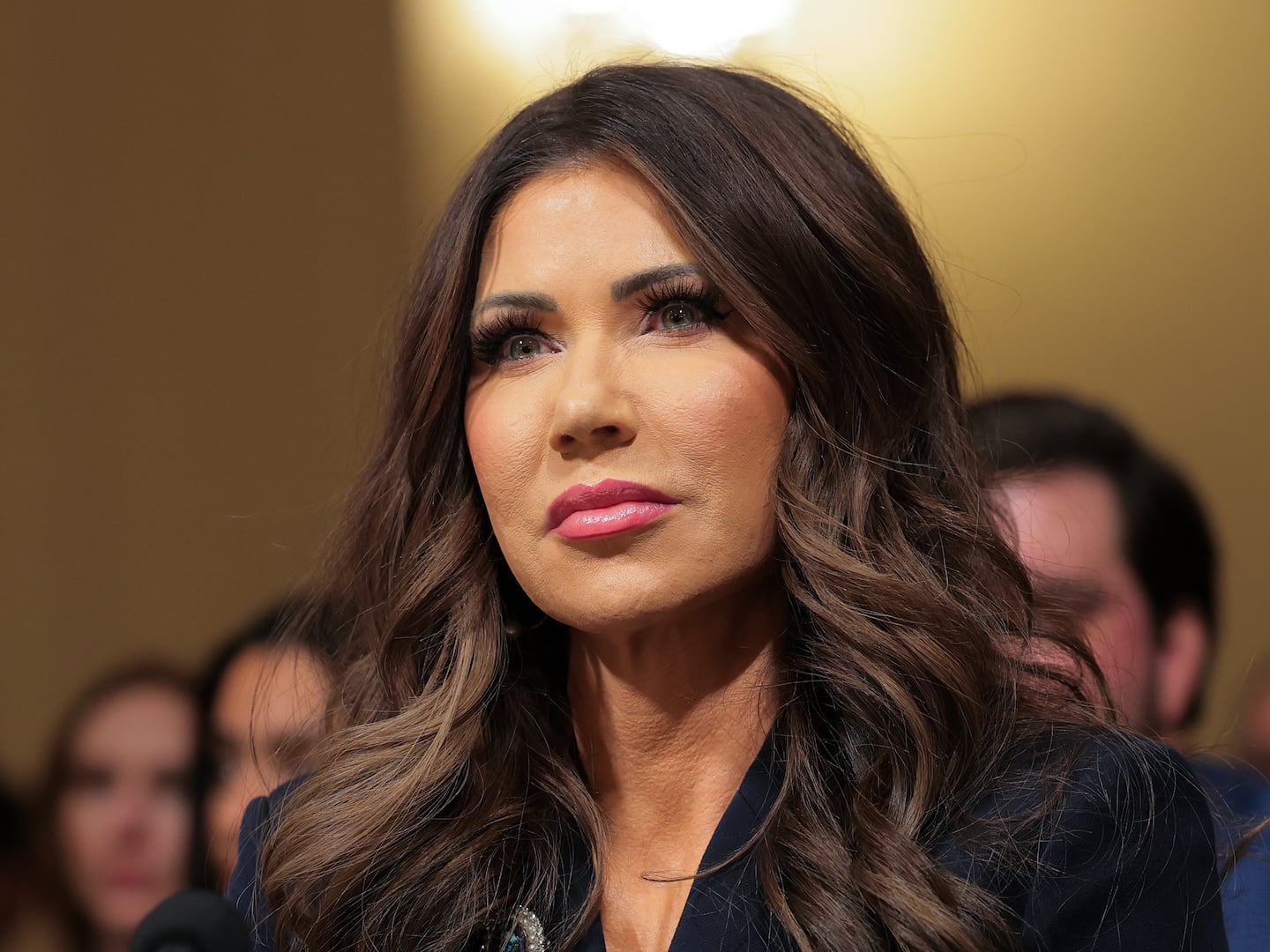He is Bob Dylan and not Robert Zimmerman.
People place a high premium on the truth when all that matters is: Was it a great story? Memory is a construct, so even non-fiction is really someone doing his best at not lying–it is non-non-non-fiction. So you have to ask: Was it fun? Was it a hell of a ride? Didn’t I blow your mind this time? Was it the kind of lie that told you the truth? Bob Dylan has been making it up as he goes along for fifty years. He has been lying the whole time and it’s all true.

Legacy has just released a box set of all 41 of Bob Dylan’s albums. On December 6, Christie’s is auctioning the Fender Stratocaster Bob Dylan played when he went electric at the Newport Jazz Festival in 1965. He left it in an airplane after the tour, and never gave the pilot instructions about how to return it. Now all these years later, the family is selling the guitar, and it is expected to fetch about $500,000. It is only an oversight to lose a historic object if you are watching from the outside, of course: Bob Dylan can’t see himself. That’s why it is significant to Jews that Dylan is Jewish, but it does not matter to him. He is only himself. On the same day Dylan’s guitar is to be purchased by some wealthy collector, Inside Llewellyn Davis, the Coen brothers’ new movie about a folk singer who arrives in Greenwich Village in 1961, is opening. Another version.
Bob Dylan is the thing he invented, and not at all the boy from Hibbing, Minnesota. If his parents are alive, they hope to be invited to his next wedding, but they don’t at all know the person that is Bob Dylan as the son they raised and saw read the Torah at his bar mitzvah. Bruce Springsteen is, even as the biggest rock star in the world, the person he was growing up in Freehold, New Jersey; he is an evolution, and an ongoing project of constant connection of birth and rebirth going back to his origins, going back generations and maybe even centuries: as long as there has been a land mass anywhere near Asbury Park, Bruce Springsteen was there, before the Lenape, before the indigenous people—he is the indigenous people. Bob Dylan changed his name and became a new thing. He has been created and recreated in film and literature and song possibly more than any other real and living person because he is so unreal, even though no one writes in a more real way about what it means to be alive.
Bob Dylan is not just a genius; Einstein is a genius. Bob Dylan makes the theory of relativity worth caring about at all: he is a seer. His songs about love and hate, about war and peace, about men and women, about sons and daughters, about kings and queens, about people and animals, about sky and sea, about earth and sun, about life and death, explain why Einstein toiled in his lab to find the theory of it all and came up with formulas that allow human beings to destroy themselves completely. Anything you need to know, it’s in a Dylan song. You’ve got a lot of nerve to say you are my friend is the thought, spoken and not, that has animated the history of the world, between international leaders and local lovers, and Bob Dylan makes it sound like nothing at all. It is the fact of relativity: we know we are being fucked with, and we love with a pure heart anyway, because what else is there to do?
By the time he was 22, Bob Dylan had written "Blowin’ In The Wind" and "The Times They Are A-Changin’" and "With God On Our Side" and "Masters of War" and “A Hard Rain’s A-Gonna Fall”–the most significant protest songs in the post-War world. By the time he was 24, he had made “Subterranean Homesick Blues,” which was surely the first rap song, and which became the first music video in D.A. Pennebaker’s Don’t Look Back, with flying oaktag cue cards. By the time he was 25, he had recorded "Like A Rolling Stone," which, yes, Rolling Stone says is the best song ever. Bob Dylan could have retired when most people are just getting started with more accomplishments than most highly accomplished people can point to when they call it quits.
But he did not.
And it is not important that Bob Dylan made many more significant albums. I mean, given all that, so what? No surprise that Blood On The Tracks is luscious. No surprise that his eyes really are bluer than robins' eggs—of course they are. But it is a wonder that he made such prodigiously bad albums. I love him for that. I love him for the waste of time that is Street Legal. I love him for the useless Under The Red Sky. How nice of Bob Dylan to demonstrate that over a lifetime of work, even perfection sometime runs amok into a muck. He has done some terrible work, and he has been unashamed. Good for Bob Dylan.
He rhymed “jump it” and “trumpet.” He wrote a song about a leopard-skin pillbox hat. Because of Bob Dylan, when you Google “blonde on blonde,” the first thing you are led to is not lesbian pornography. In 1985, Biograph was the first box set ever, with liner notes by Cameron Crowe and song-by-song annotations by the man himself, and not only is it so perfectly culled and sequenced that it is all the Dylan you need–it might be all you need. Not all that long ago, he wrote a sappy love song, “Make You Feel My Love,” that was covered by Adele, Kelly Clarkson, Garth Brooks, Billy Joel, Lea Michele, Neil Diamond and even Prince in live sets. Surely he is the greatest songwriter ever, and the drop to second is a steep fall, it is a skyscraper’s leap to the ground, on the way down you break your neck and die–perhaps to be reborn as Cole Porter or Lennon/McCartney.
In the song “You Angel You,” Bob Dylan gives the best compliment ever: The way you walk and the way you talk is the way it ought to be. Yes, that is it: If you don’t see what I mean, go fall in love for real and find out how things ought to be.
Bob Dylan says: I am hanging in the balance.
I am not a mother, so I have never loved anyone just because he exists. I love everyone in my life for a reason. That is how I know that not all life is equal, and no, we are not even all the same in the eyes of God: it is worthless to say that we come from nothing and return to the dust. All that matters is life and how you spend it, and some people are great and valuable, some not at all. I reserve the right to judge; everybody should. Bob Dylan is a huge life. There is nothing that is not in one of those songs on one of those 41 albums, and then there are all the outtakes, which are so good they hardly seem like an afterthought at all. Why choose “Tangled Up In Blue” over “Up To Me”? No reason at all. The asterisk in Bob Dylan’s life is what most people wish they could ever do ever.
The streetlights in New York City are never a bright white—at best they are a tincture of lavender—and in the days after Lou Reed died, they seemed even dimmer still. But it was okay. He is a contained force. Which is not true at all about Bob Dylan. I don’t want to be around when he dies. I imagine the world will be a very dark place.






